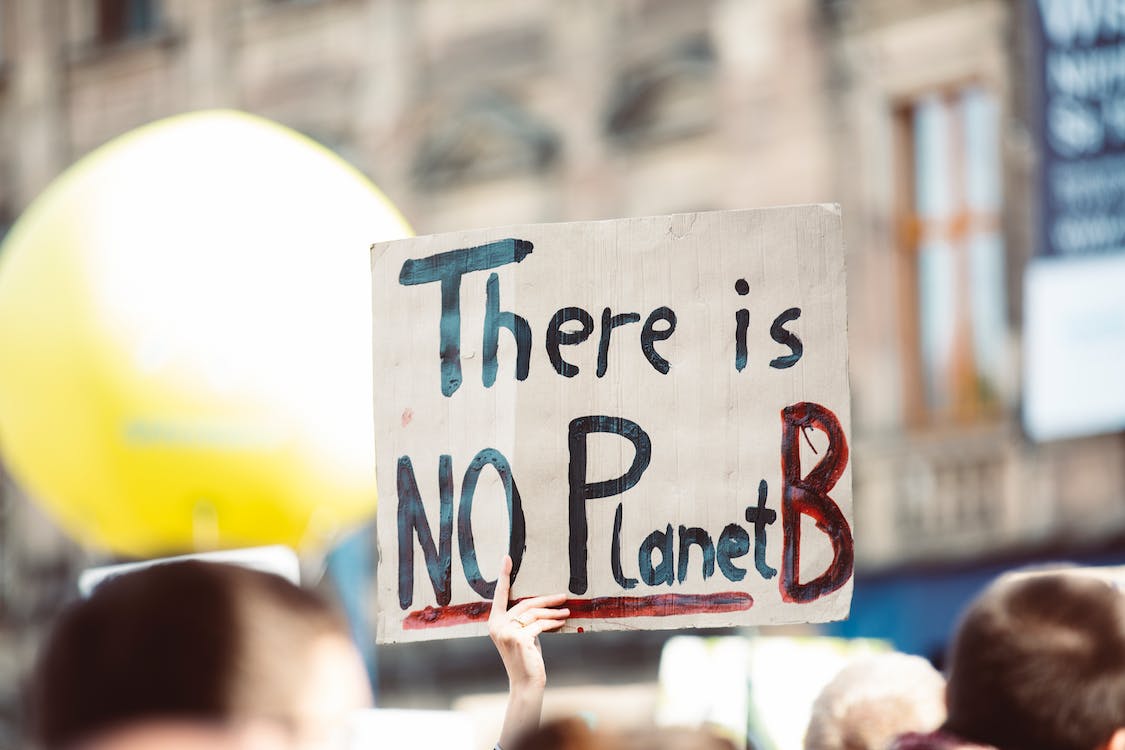NEWS
August 1, 2023

IN BRIEF
We face an existential poly-crisis related to energy, debt, food, climate, health, and security. Collective action is needed to address these challenges and to build global support for the green accountability agenda. The role of international financial institutions (IFIs) like the World Bank and the International Monetary Fund (IMF) is critical to promoting transparency in climate finance and addressing the inherent corruption risks. But the quantity of their funding is just one element of this- the quality of that funding is equally as important but is largely missing from policy debates around these issues. Progress Multinational Development Banks (MDBs) have […]
SHARE
We face an existential poly-crisis related to energy, debt, food, climate, health, and security. Collective action is needed to address these challenges and to build global support for the green accountability agenda. The role of international financial institutions (IFIs) like the World Bank and the International Monetary Fund (IMF) is critical to promoting transparency in climate finance and addressing the inherent corruption risks. But the quantity of their funding is just one element of this- the quality of that funding is equally as important but is largely missing from policy debates around these issues.
Progress
Multinational Development Banks (MDBs) have centered climate and transparency at various project development and implementation stages, and institutions like the World Bank have key transparency tools, including disclosure policies. Moreover, the World Bank’s Climate Change Institutional Assessment (CCIA) can help countries identify the strengths and weaknesses of the institutions needed to support climate action; and outputs like the Country Climate and Development Reports represent a sound basis for an integrated vision for the transformation needed.
Transparency
However, at a minimum MDBs must maximize transparency by proactively publishing institutional policies and guidelines and information on investment, decision-making, key individuals, and finance. This must be a key strategic priority at the leadership level in ongoing discussions around reform processes. At the project level, these organizations must provide open databases with information aligned with bi-lateral data (as coordinated through the International Development Finance Club (IDFC), for example).
MDBs must also commit to clear and highly ambitious metrics around climate finance and ensure that only strictly climate and environment-related funds are counted as climate finance to avoid the misdirection of funds. These organizations should double down on standard reporting because climate project sizes are getting smaller while the number of climate finance providers is increasing. So there is a need to ensure shared standards and use existing platforms for project impact measurement, such as the Harmonized Indicators for Private Sector Operations (HIPSO).
Accountability
Alongside the need to maximize transparency, MDBs also need accountability mechanisms. Within multilateral climate funds, accountability is passed down the chain of command from an international fund to an implementing entity or intermediary and further displaced downstream via sub-contractors. There is little clarity about where responsibility lies if corruption occurs. The technical nature of climate adaptation and mitigation action makes it easier for a few experts and vested interests to control and potentially distort information. Organizations such as the World Bank must ensure clear chains of accountability; conflict of interest and anti-corruption policies; safe and accessible corruption complaint mechanisms; effective sanctions for wrongdoing; regular audits; and oversight of procurement. These must be supplemented by participatory processes so that citizens can engage around and through these processes. For example, the Initiative for Climate Action Transparency (ICAT) has published practical guidance on designing and implementing effective participatory processes for climate policies. Finally, we must build a robust learning ecosystem between and among organizations working on green accountability. Despite the magnitude of these issues, in none of the places Accountability Lab operates are there meaningful communities around green accountability that receive the support needed to facilitate experience sharing, build narratives around this work, crowd-in philanthropic and private capital, and support policy change advocacy efforts on these issues.
Participation
Citizen engagement is critical to the work of the MDBs, but civic organizations are underfunded, and their engagement in these issues has become a “check-box” exercise to comply with processes rather than a meaningful effort to co-create solutions in many cases. At the World Bank, we need a dramatic increase in funding for civil society in International Development Association (IDA or lower-income country) projects to supplement government accountability systems. This will support local priorities and bolster the localization agenda from the bottom up. It is also essential for MDBs to conduct civic space assessments to inform engagement within countries, understand risks and address key governance challenges.
We must meaningfully invest in CSO capacity so local civil society organizations can support MDBs on the climate agenda. This requires an ecosystem-building approach that systematically supports civil society groups to track climate funding, co-create priorities, oversee projects and programs, monitor outcomes, invest and develop analytical tools to support political economy analysis, and provide long-term, flexible funding to build green accountability approaches.
Conclusion
Green accountability can save money, improve efficiency, address equity issues, massively increase climate finance disbursements and close the implementation gap. MDBs must use the opportunity to fundamentally rethink the approach to these problems and set standards others can follow, but this is only achievable by partnering meaningfully with civil society.
